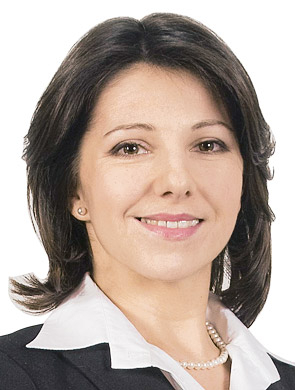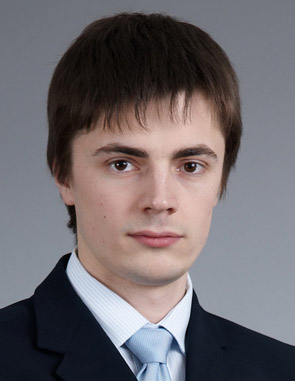
Julia Borozdna
Head of Employment and
Migration Law Practice
Pepeliaev Group
During 2012 there were a number of changes in HR from the standpoint of employment law. Among the upheaval, some key trends became evident in HR-related regulation and law-enforcement practice.
The first thing that we would note is the rising attention to detail among employers. In previous years companies devoted much time to massive restructuring and downsizing projects, meaning that they had little time for current issues. Now businesses are spending more time on bringing their internal policies and HR paperwork into line with the laws and best practice. By doing so, they avoid problems with their employees rather than closing the stable door after the horse has bolted.
Another development is that many businesses have taken measures to prevent corruption and other unfair practices. Partly this was due to foreign laws: the U.S. Foreign Corrupt Practices Act (FCPA) and the United Kingdom Bribery Act (UKBA). These laws have prompted Russian subsidiaries of U.S. and UK companies to adopt special policies to comply with the requirements to eliminate any possibility of bribing officials, even outside the U.S. and the UK. That said, many Russian companies themselves know that a lack of preventive measures can be costly.
The statistics for labor disputes have improved thanks to this proactive approach from companies. According to the Supreme Court, in 2012 employers won 50.35 percent of cases where an employee asked to be reinstated to work, up from only 46 percent in 2011.
On the regulatory side there is news on personal data protection. The most important development is new Government Regulation No. 1119 dated Nov. 1 2012, which governs requirements for information systems processing personal data (PD). It eliminates many of the requirements for companies' information systems, thus confirming a move towards letting companies choose how to protect PD rather than establishing a one-size-fits-all system of requirements. Also noteworthy is the new Order No. 21 of FSTEC (the Federal Technical and Export Control Service) dated Feb. 18 2013. This contains measures concerning PD in information systems.

Alexander Korkin
Senior Associate, PhD in Law
Pepeliaev Group
Sometimes no news is good news. This is true of the mooted ban on temporary agency work. The draft law in question was passed in its first reading in May 2011, but in 2013 it seems to be on hold. More importantly, the initial version has considerably changed. The latest publicly available text allowed temporary agency work, although limited its application to certain situations.
Importantly, the Constitutional Court is becoming more active in labor and employment field. Most rulings favor employees. A recent example is Ruling No. 135-O dated Feb. 7, 2013, which stated that employees working in hazardous conditions must enjoy all three main guarantees provided for by the Government Regulation No. 870 dated Nov. 20, 2008 (short workweek of 36 hours, additional paid leave of 7 days and a 4 percent salary increase). The ruling binds all bodies and court, meaning that doubt on this matter seems finally to be resolved.
There are positive developments in the assessment of workplaces in terms of working conditions. The Ministry for Labor and Social Development's Order No. 590n dated Dec. 12, 2012 eliminated obligations to assess and periodically reassess office workplaces if working conditions at such workplaces were regarded as safe during the previous assessment. At the same time, the employer must reassess a workplace when an employee or trade union requests this.
As seen from above, many requirements on employers have been relaxed. This is an important and welcome trend for employment relations, where the risks and inconvenience caused by unnecessary red tape has often tied companies in knots.
The MT Conferences section did not involve the reporting or the editorial staff of The Moscow Times.
A Message from The Moscow Times:
Dear readers,
We are facing unprecedented challenges. Russia's Prosecutor General's Office has designated The Moscow Times as an "undesirable" organization, criminalizing our work and putting our staff at risk of prosecution. This follows our earlier unjust labeling as a "foreign agent."
These actions are direct attempts to silence independent journalism in Russia. The authorities claim our work "discredits the decisions of the Russian leadership." We see things differently: we strive to provide accurate, unbiased reporting on Russia.
We, the journalists of The Moscow Times, refuse to be silenced. But to continue our work, we need your help.
Your support, no matter how small, makes a world of difference. If you can, please support us monthly starting from just $2. It's quick to set up, and every contribution makes a significant impact.
By supporting The Moscow Times, you're defending open, independent journalism in the face of repression. Thank you for standing with us.
Remind me later.





